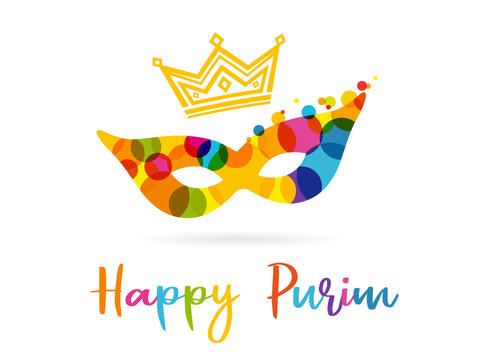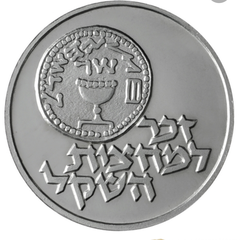courtesy of Ohr Sameach and add ons from David Azerad

TIMES
Purim is preceded by the Fast of Esther, which begins at dawn on the 13th of Adar and continues until nightfall. When the 13th is on Shabbat (not this year), the Fast of Esther is observed on the preceding Thursday. It is forbidden to eat and drink on this day (one may, however, wash, and wear leather shoes).
In unwalled cities, Purim is celebrated on the 14th of Adar, from night to night.
In cities with walls dating from the days of Joshua, Purim is celebrated on the 15th of Adar, as it was in Shushan, the capital of Persia; hence the name, Shushan Purim. Jerusalem is a walled city and most of its suburbs are also considered part of Jerusalem regarding this law.
READING OF THE SCROLL OF ESTHER
Kriat Hamegillah
The Scroll of Esther is read publicly in the evening and on the morning of Purim.
It must be read from a scroll written in accordance with Halachah.
The reader and the audience must have intent to fulfil the mitzvah of reading and to fulfil the obligation of the blessings before and after.
It is customary to make noise when the name of Haman is mentioned.
It is forbidden to speak from the time of the blessings before the reading, until the end of the blessings after the reading.
Ideally the scroll should be read in the presence of a minyan.
PRAYER / Tefillah
The prayer 'al hanissim' is added in the Silent Prayer (Shmoneh Esrei) and in Grace after Meals.
If one forgot 'al hanissim' one does not repeat the prayer.
During the morning service (shacharit), the Torah is read.
The prayer of repentance, tachanun, is not recited, nor is the prayer lamenatzeach.
GIFTS TO FRIENDS / Mishloach Manot
One is obligated to give at least one gift to one fellow Jew. The more the better.
The gift must consist of at least two items of food, ready to eat.
It is preferable to send the gift via a third party.
GIFTS TO THE POOR / Matanot Le'evyonim
One is obligated to give a gift of money, sufficient for one meal, to at least two poor people. The more the better.
Funds must be available on the day of Purim. (No post-dated checks.)
It is preferable to take care of this obligation early in the day.
The gift may be given to a third party in order to distribute on the day of Purim.
More should be spent on gifts to the poor than on gifts to friends (unless they are also poor).
Click here to access the online form
THE FESTIVE MEAL / Mishte - Seudat Purim
It is obligatory to partake of a festive meal on the day of Purim.
It is customary to eat food with seeds - e.g., Hamentashen or Oznei Haman with poppy seed filling.
One should drink more wine than one is accustomed to but certainly not to the point of not feeling well .
It is correct to invite guests, especially the needy.
The conversation should be focused on the words of Torah.
CUSTOMS / Minhagim
Many have a custom to dress up in costumes.
It is customary to give charity to all who ask.
Some produce amusing Purim plays.
Some also present amusing divrei Torah.
It is customary to visit the homes of one's Rabbis and teachers.
One should start studying the laws of Passover on Purim.
It is correct not to engage in business or work on Purim.
Starting from Rosh Chodesh Adar up until the Mincha service before Purim it is customary to give Machatzit Hashekel to charity or three coins in memory of the three "half-shekels" given to the Temple.Sephardim, have the Minhag to give an amount of money worth 9 grams of pure silver according to the current value.Some will give three times of Machatzit Hashekel since it is mention three times in the Torah.When giving one should say Zecher Le'Machatzit Hashekel.It is recommended to give for every household member in the family.Some even say for women who are pregnant one should give for the unborn child.Machatzit Hashekel should be given for the upkeep of a Synagogue or Yeshivot ,Kolelim ect...
Purim Sameach
David Azerad












